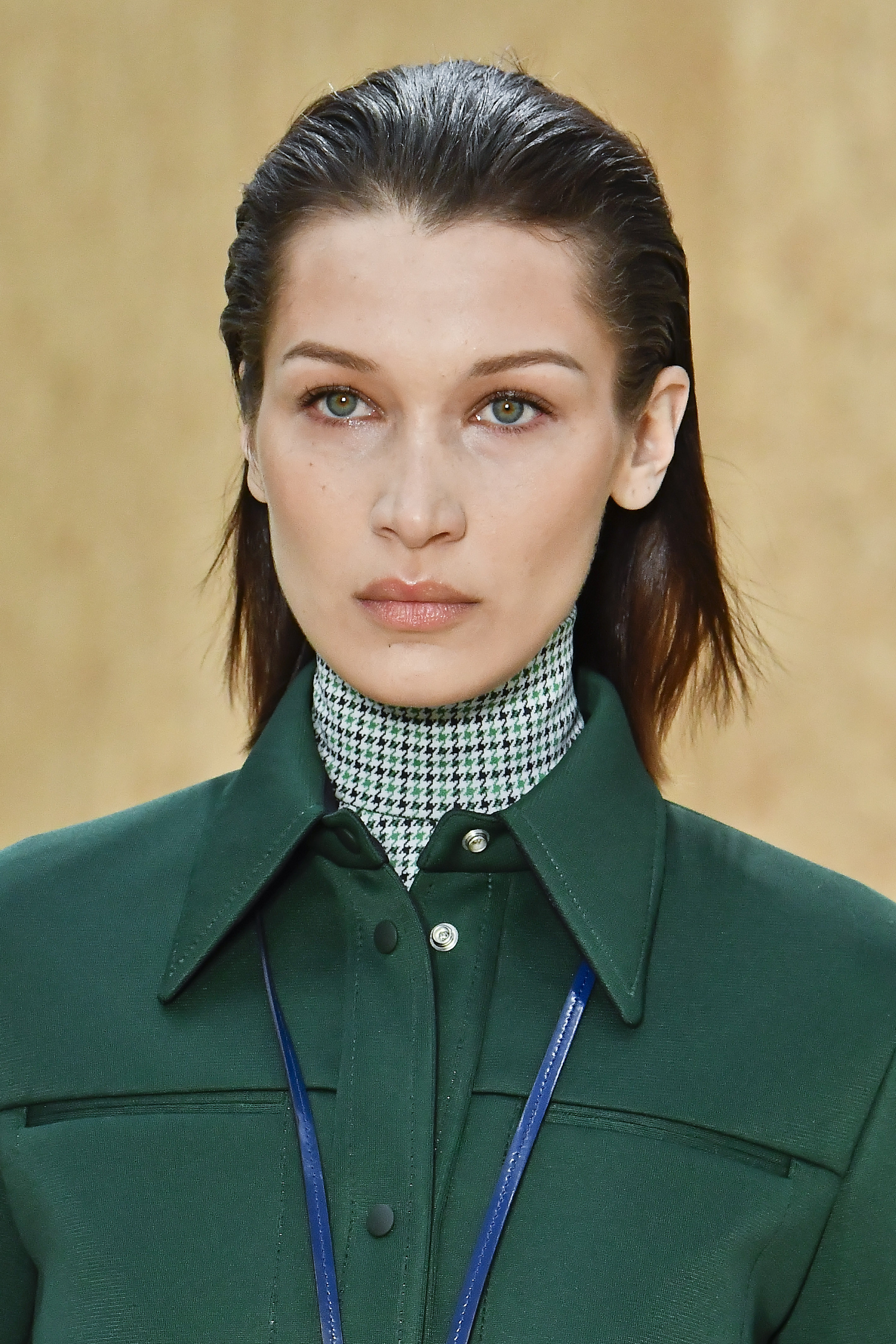News feed
Blue light (the light emitted from digital devices) is a new concept in beauty but one that gained traction hard and fast. Screen time has always felt chaotic at best but to think it’s been potentially damaging our skin too? Scary. The fact we’re attached to our screens more than ever (it’s estimated we check our phones up to 150 times a day) only adds to the confusion so to set things straight, we asked National Education Manager for Estée Lauder, Nica Marcello for her thoughts.
See the interview below.

GRAZIA: So what exactly is blue light?
Nica: Blue light is an artificial blue light that is emitted from digital screens and electronic devices. Screen time has been increased at this time resulting in our skin being exposed to blue light more than ever.
GRAZIA: How does it affect the skin exactly? Is there evidence to support this?
Nica: Dr Nadine Pernodet, Estée Lauder Companies’ scientific spokesperson, explains the damaging results of blue light exposure on the skin: “Results indicate that exposure to blue light at night can throw skin’s natural circadian rhythm ‘out-of-sync’, causing skin cells to continue to ‘think’ it is daytime, impacting their natural night-time repair process, which can lead to visible signs of ageing, hyperpigmentation, inflammation, and weakening of the skin’s surface. Blue light also compromises our beauty sleep by way of disrupting our natural circadian rhythm which is also another way of causing physical damage to your skin like dullness, lack of luminosity and dark under-eye circles.
GRAZIA: What are the long term effects?
Nica: Long-term blue light exposure can cause significant damage to your skin. The artificial light promotes stressors in skin that causes photo-ageing. Photo-ageing, similar to sun damage causes ageing from exposure to light. Blue light also penetrates all the way to our dermis, where the collagen and elastin are which can create visible lines and a loss of firmness to the skin.
“Results indicate that exposure to blue light at night can throw skin’s natural circadian rhythm ‘out-of-sync’, causing skin cells to continue to ‘think’ it is daytime, impacting their natural night-time repair process.”
GRAZIA: In what ways does the Advanced Night Repair Eye Supercharged Complex work to combat this? Are there specific ingredients?
Nica: Estée Lauder developed the Advanced Night Repair Eye Supercharged Complex for the delicate eye area as this is the first place which shows signs of ageing due to blue light. Our key technology ChronoluxCB™ helps restore skins natural nightly repair rhythm for optimal nightly repair and recovery that can become desynchronised by exposure to Blue Light at night. The formula is also infused with powerful antioxidants which assist in fighting against pollution, UV Rays and the blue light exposure. Another key ingredient is hyaluronic acid which brightens and hydrates the eye area to fake a good nights sleep.
GRAZIA: Outside of skincare, what else can you do to protect your skin from blue light?
Nica: Limit your screen time when you are not working and put the screen timer on your phone to remind you when to switch off. If you use your devices at night, download a blue light filter app or switch it to night mode.
If you’re worried about blue light negatively impacting your skin, you can shop some of the below:

Estee Lauder Advanced Night Repair Eye Supercharged Complex, $110. SHOP NOW
 Dermalogica Invisible Physical Defence, $77. SHOP NOW
Dermalogica Invisible Physical Defence, $77. SHOP NOW

Niod Survival 0, $35. SHOP NOW









